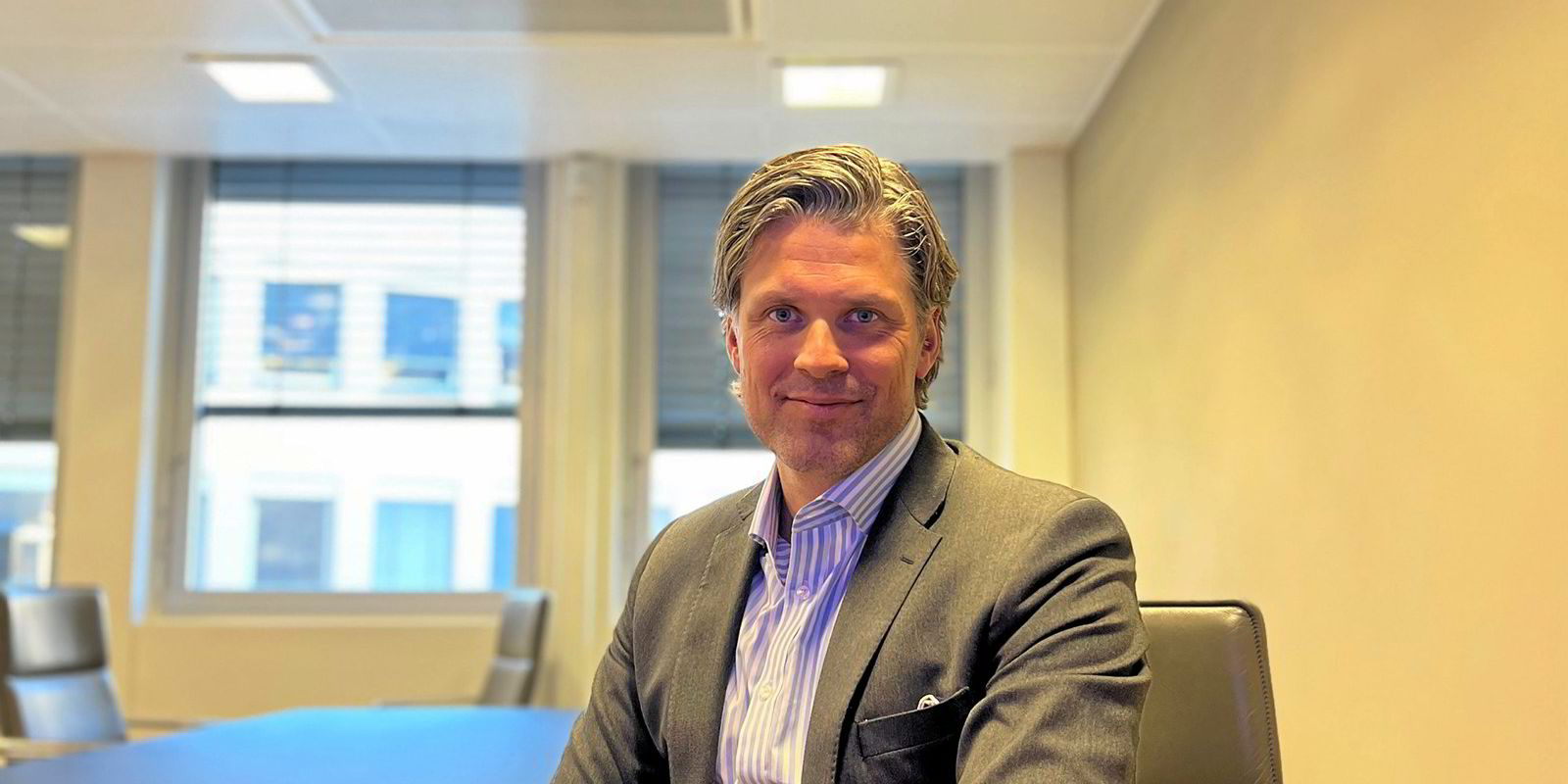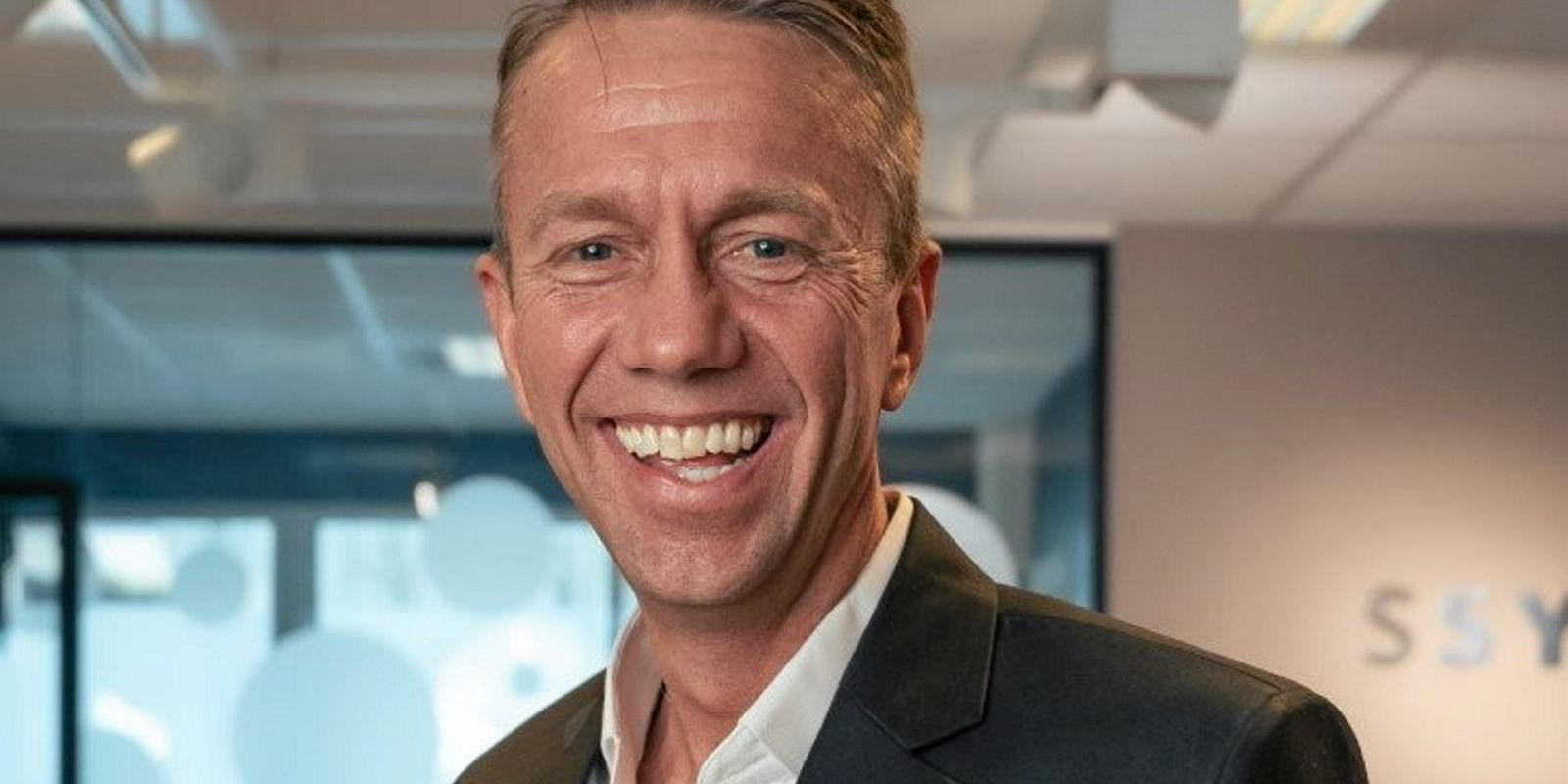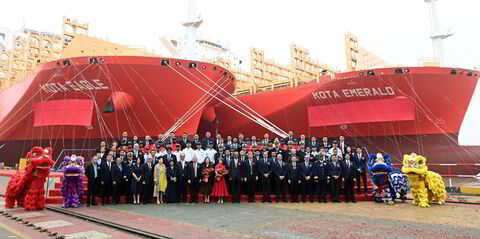Specialist brokerage Arctic Offshore is building up its Oslo desk with three new hires as the offshore market strengthens.
The Oslo and Rio de Janeiro-based firm has hired former Lorentzen & Co offshore specialist Mads Kristiansen and two junior brokers to share an increasing volume of work.
Finding suitable offshore broking talent is not easy in a market that has been depressed for more than eight years, Arctic managing partner Jon Lerche told TradeWinds.
“The market is absolutely looking better than it has any time in the last eight years,” he said.
“But the grand total of experienced professionals is not huge, and not many of them are looking for work, so in practice, if you want to hire experienced people, you have to hire them away from your competitors.”
Kristiansen left Lorentzen & Co at the end of last year and TradeWinds understands he plans to devote the rest of his gardening leave to the ski slopes before joining Lerche in what will be a team of nine brokers in Oslo and Rio de Janeiro, who focus on secondhand sales and project deals, now supplemented by newbuilding work in the offshore renewables sector.
Lerche told TradeWinds he has a hunch that there will be more changes on the Norwegian broking scene, where UK-based Simpson Spence Young bought itself a ready-made offshore desk with its purchase of Westshore Shipbrokers last week, and sale-and-purchase stalwart Lorentzen & Co announced that it plans to downsize sharply.
Kristiansen’s move, however, preceded the surprise Lorentzen announcement.
Lerche said Arctic’s approach to broking is based on teamwork, with several staff collaborating on each job, and it has traditionally grown by hiring young talent right out of school.
The two younger hires will at first take on work offloaded by their colleagues in research and project support before later developing their own clients.

Through good and bad
The shop is still looking to hire, especially for its Latin American operation. It will have nine brokers with the new recruits, seven in Oslo and two dividing their time between Rio and Mexico.
“Our bread and butter since we were founded as Nor-Ocean has always been Latin America,” said Lerche, who puts the volume of business there at about 30%. “That will continue in good and bad times.”
During the downturn, the Brazilian market still had an appetite for support vessels when the North Sea market did not, and Arctic served clients who came to Europe looking for bargains to charter out to Petrobras and Equinor for their business there.
“But that has now changed,” he said. “There are no longer lenders selling distressed fleets at a low price. Latin America is still buying, but you have to look harder for the ships.”
The difference in demand still pulls tonnage south, and Lerche sites rate levels of NOK 200,000 to NOK 250,000 ($19,300 to $24,100) per day for long-term charters in the North Sea as against $35,000 per day off Brazil.
“There is still a big delta between Brazil and Norway,” he said.




